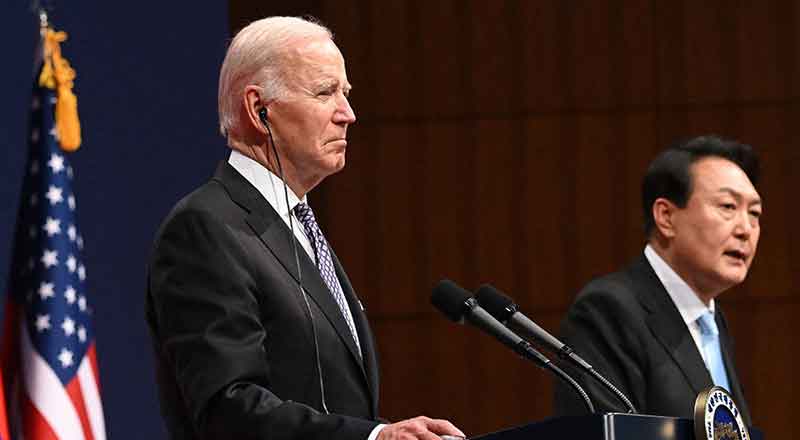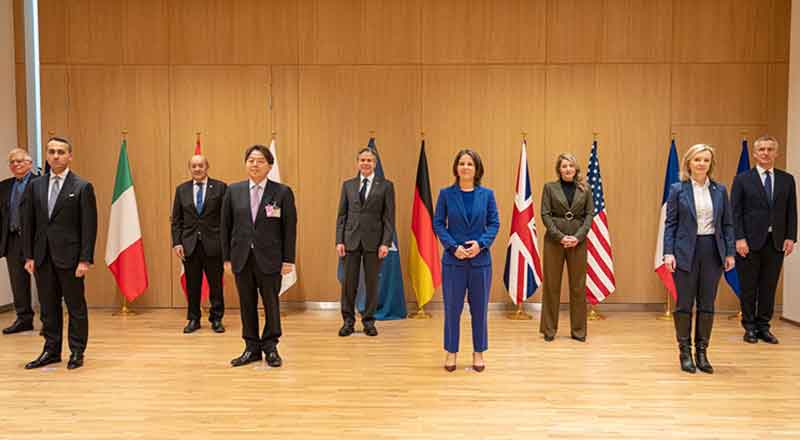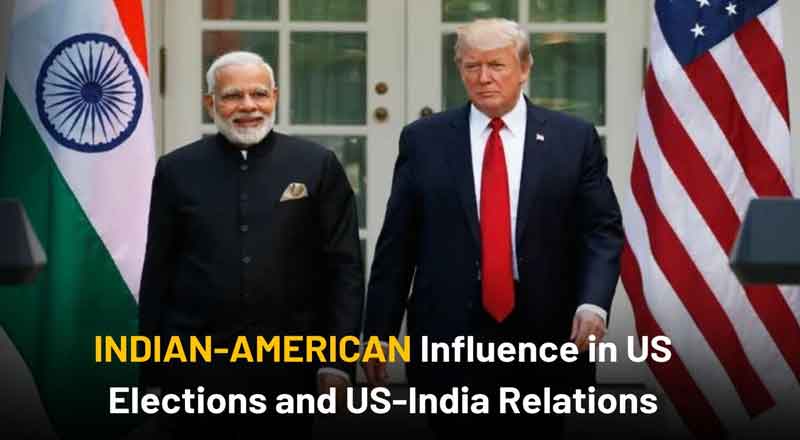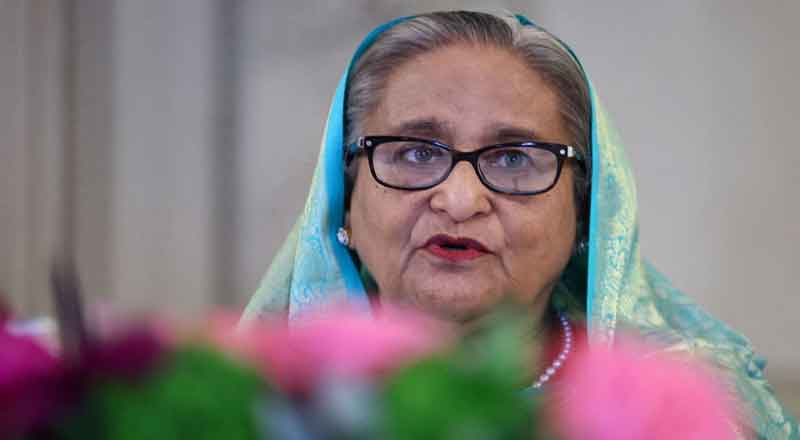A New Era in Trilateral Cooperation
At the Asia-Pacific Economic Cooperation (APEC) summit in Lima, Peru, leaders from the United States, South Korea, and Japan announced a landmark agreement to strengthen their trilateral alliance. With growing concerns over North Korea’s deepening ties with Russia and the global implications of their military collaboration, the three nations united to denounce Pyongyang’s actions. The summit also marked a moment of transition in U.S. leadership, with President Joe Biden emphasizing the enduring importance of this partnership as he prepares to leave office in January 2025.
Strengthening the Alliance: Establishment of a Trilateral Secretariat
The highlight of the trilateral discussions was the creation of a Trilateral Secretariat, a formal mechanism to coordinate security initiatives among the three nations. The new coordination office will oversee the implementation of their commitments and enhance regional security efforts.
President Biden stressed that this strengthened partnership would serve as a cornerstone in countering the destabilizing activities of North Korea and its dangerous military alliance with Russia. South Korean President Yoon Suk Yeol highlighted the urgency of these efforts, pointing to North Korea’s deployment of troops and munitions to support Russia’s war in Ukraine as a stark reminder of the security challenges facing the region.
Japanese Prime Minister Shigeru Ishiba, who recently took office, also condemned the DPRK-Russia partnership, calling their actions a grave threat to global stability. In a joint statement, the three leaders explicitly criticized the transfer of ballistic missiles and other military aid between the two nations, labeling these actions “egregious” given Russia’s position as a permanent member of the UN Security Council.
North Korea and Russia: A Worrisome Collaboration
North Korea’s support for Russia in its war against Ukraine has alarmed the international community. Reports of Pyongyang providing munitions, troops, and ballistic missiles to aid Moscow have underscored the growing nexus between the two authoritarian regimes.
The trilateral alliance views these developments as a direct challenge to global security norms and a destabilizing force in the Asia-Pacific region. Pyongyang’s actions, combined with Russia’s aggression in Ukraine, signify a deeper alignment of interests that threatens to undermine the post-World War II international order.
The Impact of Biden’s Departure and Trump’s Return
While the announcement of a unified front by the U.S., Japan, and South Korea represents a significant step forward, concerns loom over the continuity of this alliance with Donald Trump’s impending return to the White House. Trump’s previous term was marked by unpredictable foreign policy decisions, including controversial stances on NATO and U.S. relations with Russia.
Critics fear that Trump’s close ties with Russian President Vladimir Putin and his reluctance to provide unwavering support for Ukraine could strain the newly fortified trilateral alliance. Reports from Trump’s advisers suggest a willingness to prioritize peace over territorial integrity in Ukraine, potentially sacrificing key areas like Crimea. Such a stance contrasts sharply with the Biden administration’s steadfast support for Ukraine.
Additionally, growing resistance within the U.S. Congress to military aid for Ukraine—particularly among Republicans—further complicates the picture. Statements like those from Senator Josh Hawley, advocating for redirecting U.S. funds from Ukraine to Israel, reflect a shifting political landscape that could impact America’s role in the trilateral alliance.
The Significance of Trilateral Cooperation
The partnership between the U.S., Japan, and South Korea is not only a response to North Korea and Russia but also a strategic effort to secure regional and global stability. The establishment of the Trilateral Secretariat signals a long-term commitment to collective security and diplomacy.
This initiative builds on shared interests, including countering authoritarian regimes, protecting the rules-based international order, and ensuring peace in the Asia-Pacific. It also represents a historic shift in regional dynamics, where former adversaries like Japan and South Korea are now collaborating closely under U.S. leadership to address common threats.
Challenges and Prospects for the Future
Despite the positive momentum, the alliance faces significant challenges. North Korea and Russia are likely to respond with increased provocations, testing the resolve of the trilateral partnership. Moreover, the impending leadership change in the U.S. could introduce uncertainties about the future direction of American foreign policy.
Nonetheless, the formation of a Trilateral Secretariat provides a structural foundation for sustained collaboration, regardless of political transitions. By institutionalizing their cooperation, the three nations have demonstrated their commitment to a shared vision of security and stability.
A Defining Moment for Global Security
The joint efforts of the U.S., Japan, and South Korea at the APEC summit underscore the urgency of addressing the threats posed by North Korea’s growing alliance with Russia. As President Biden’s tenure concludes, his legacy in forging this trilateral partnership stands as a testament to the importance of multilateral diplomacy in an era of geopolitical uncertainty.
While challenges remain, the formation of the Trilateral Secretariat represents a bold step toward a more coordinated and resilient approach to regional and global security. As the world watches, this alliance will play a pivotal role in shaping the future of international relations and upholding the principles of peace and cooperation.
(With inputs from agencies)





